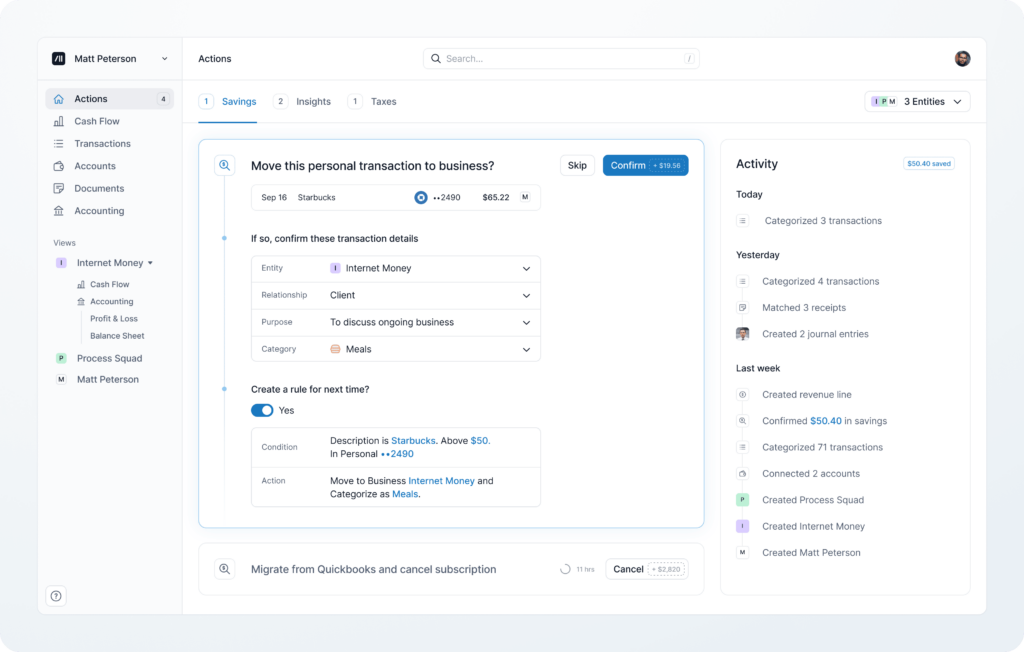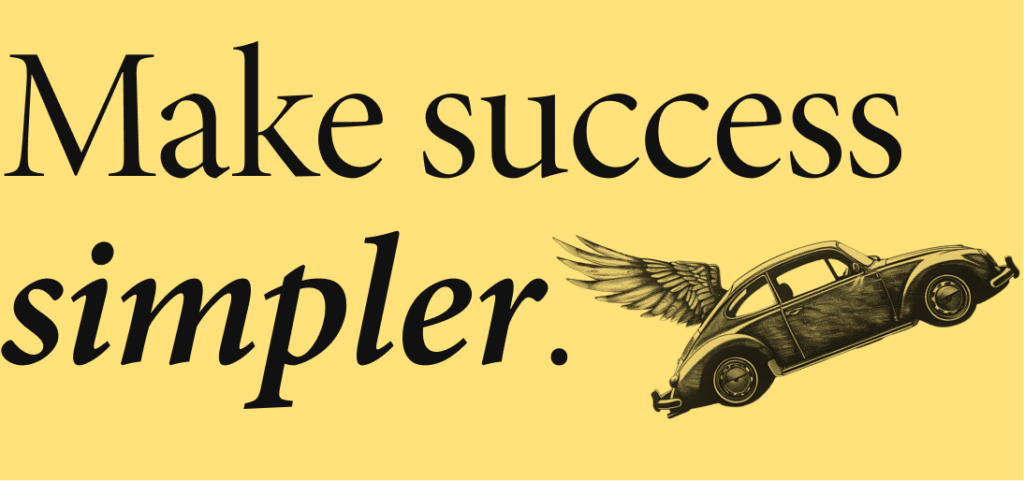Welcome to One Thing Better. Each week, the editor in chief of Entrepreneur magazine (that’s me) shares one way to be happier and more effective at work — and build a career or company you love.
Today’s edition is sponsored by Kick, my favorite bookkeeping software (for real!). See details at the end of the newsletter.

At the end of every year, I have the same thought: Time moves too fast.
There’s too much I want to do in this life. Too much to see. Too much to experience. And of whatever unknowable time I have left, another year of it just went poof.
I’m sure you relate. In short: I want more time.
And I have good news: It’s possible… in a way.
I called a scientist who studies memory, and I learned a mind-blowing thing: Our memories are deeply tied to our sense of time.
So if you want “more time,” here’s the simplest thing you can do: Create more memories.
Today, I’ll explain what that means, why it works — and how next year can be even richer, more memorable, and feel longer (in the best way!) than this one.
First, let’s understand our brains
Our brains are a lot of things. But here are two things they are not:
- Our brains aren’t clocks. We have no internal clock or calendar, which is why you can’t remember if something happened in February or, like, 2022. We instead perceive time through “episodic memory” — aka, our brains organize memories into sequences, which we then use as reference points. But this is tricky because…
- Our brains aren’t a hard drive. We’re not built to remember everything! In fact, our brains are primarily a deletion device — clearing out most things, to make room for the important stuff.
Given all that, how do we remember anything? And how do we know when anything happened?
The answer is this: “Memory is extraordinarily sensitive to breakings of events.”
I heard that from Felipe De Brigard, a professor at Duke University’s Institute for Brain Sciences. Here’s what he means:
Your ordinary days blur together, because your brain saw nothing worth remembering. But when you do something unusual, your brain forms a memory more easily — and those memories become how we mark time.
De Brigard calls this segmenting. It’s a survival instinct: Our brains filter out redundant information that might overwhelm us, and prioritize new things that help us learn and adapt faster. Early humans didn’t need to recall every hunt, for example, but they sure did need to remember seeing enemies or new food sources.
Now flash forward to our modern times: This is why, when you travel, your days feel unusually long. It’s why time seems to move slower during your first day on a job.
When more unique things happen, more segments of memory are created, which stretches your sense of time.
How to use this to your advantage
I spoke to De Brigard a few years ago, when I was researching my book. At the end of our conversation, he asked me this:
“What life do you prefer? One in which you can have 50 experiences per week but won’t remember any, or one in which you could have 25 new experiences and remember them all?”
That question was like a revelation to me. And it gave me an idea:
Now, whenever I’m deciding between sameness and newness, I ask myself: What choice will I remember more?
For example, a few months ago, I heard from a work friend named Kris. We’d never met in person; she lives far away but was traveling to Brooklyn. She asked if I’d take a mid-afternoon archery lesson with her — just a random, fun way to finally meet.
I’ll be honest: My first instinct was to say no. My days are jammed with work, and it seemed irresponsible to step away for… archery!?
But then I imagined how memorable my choices would be…
If I said no: I’d stay home, finish some task, and maybe answer a bunch of emails. I would not remember having done any of this.
If I said yes: I’d try archery for the first time, get to know Kris better, and remember what I did that day — even though I’d have more work to do later.
I said yes. I’m glad I did. That happened in May — seven months ago! — but I still remember it clearly. My day, month, year, and life feels a little longer and fuller as a result.
So, what will you remember?
Obviously, we can’t say yes to everything. We have work to do and tasks to perform. Some of it will be rote and unmemorable. Time will slip by us.
But I urge you, as I now urge myself: Optimize for what you’ll remember.
I love De Brigard’s term for it — segmentation. You can imagine time stretching out before you, like an endless path of sameness. You walk this path. But you walk it with a machete.
Every time you do something new, you swing that machete down — and create a segment along the path. It’s your marker in time. The more marks, the more memories, and the longer your path will feel.
The more I think about this, the bolder I become. I want to say yes to the new experience. I want to say yes to the unexpected conversation. I want to swing that machete hard, repeatedly, relentlessly, like my life literally depends on it, because segmentation just might be the closest thing we have to cheating death.
In other words: We can’t stretch time. But we can stretch our experience of it.
That’s how to do one thing better.
This bookkeeper saves me so much time!

A few years ago, I signed up for one of the major bookkeeping services. I hated it. So complex! Too many options!
Then I got introduced to Kick — and as soon as they walked me through the platform, I laughed out loud at how simple and easy it was.
True story: I begged them to NOT add more features! It’s so simple, it’s perfect. My books are done automatically and accurately in real-time, my account is optimized for tax savings, and when tax season rolls around, it’s 10x easier than before.
Are you a freelancer? Starting a business? Run multiple businesses? Whatever the case, try out Kick. It takes 5 minutes to set up your accountant, and you’ll be laughing out loud alongside me — knowing that you don’t need to go crazy over accounting anymore.
*sponsored
P.S. Today’s newsletter was inspired by a conversation I had in CPG Fast Track, a community for CPG leaders that I cofounded. Thanks to Kim Gamez, founder of the great non-alcoholic brand Sober(ish), for sharing some personal thoughts that got us all talking that day!
